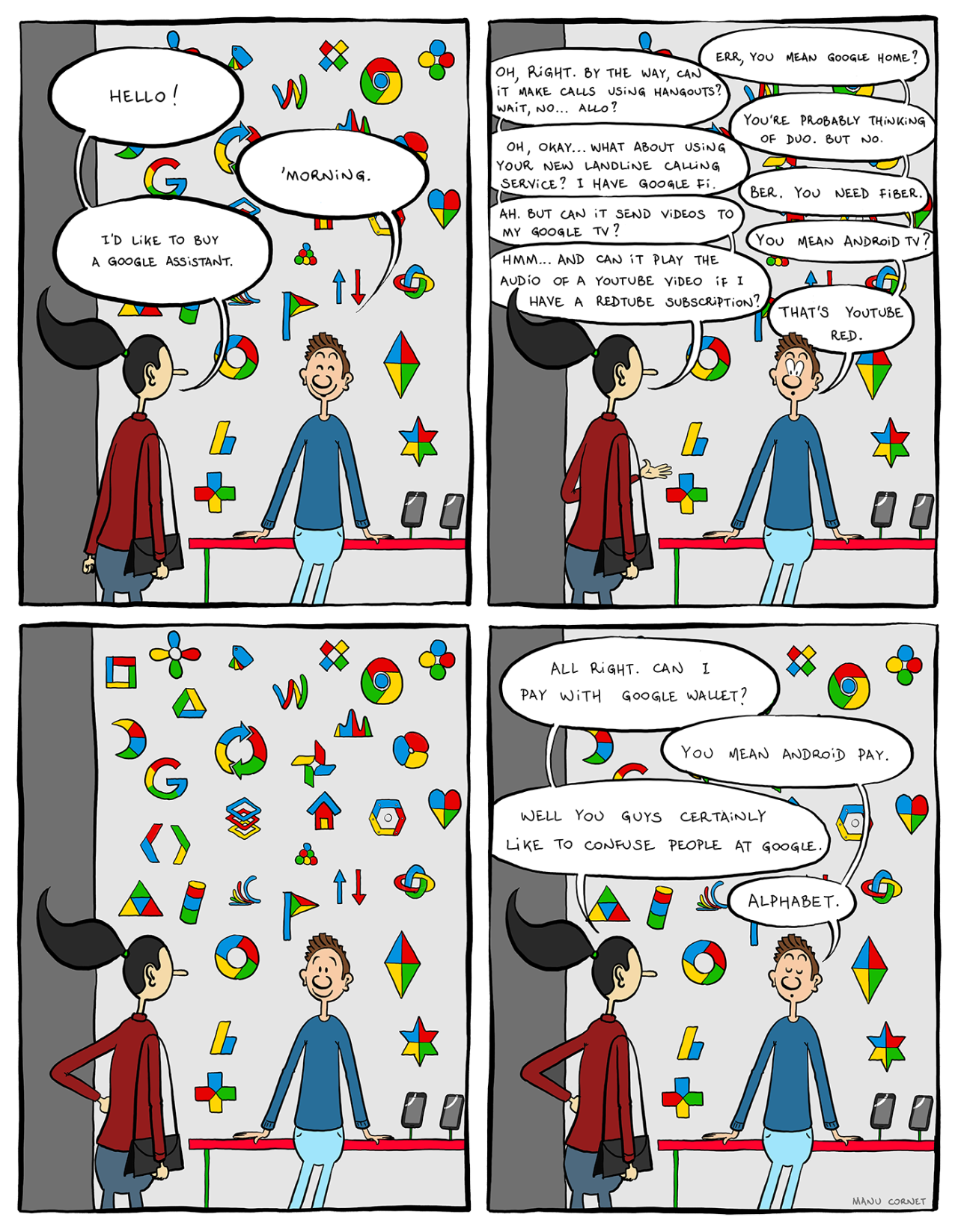Politics unfortunately abounds in shams that must be treated reverentially for every politician who would succeed. If you are the sort of man whose stomach revolts against treating shams reverentially, you will be well advised to stay out of politics altogether and set up as a prophet; your prophecies may perhaps sow good seed for some future harvest. But as a politician you would be impotent. For at any given time the bulk of your countrymen believe firmly and devoutly, not only in various things that are worthy of belief, but also in illusions of one kind and another; and they will never submit to have their affairs managed for them by one who appears not to share in their credulity.
— British historian F.S. Oliver, 1935 (via The Atlantic)
Why Americans Are So Sensitive to Harm →
In Concept Creep: Psychology's Expanding Concepts of Harm and Pathology, [Nick Haslam, a professor of psychology at the University of Melbourne, Australia] argues that concepts like abuse, bullying, trauma, mental disorder, addiction, and prejudice, "now encompass a much broader range of phenomena than before," expanded meanings that reflect "an ever-increasing sensitivity to harm."

Legal quirk enabling surveillance state expansion absent Congressional vote →
The Federal Rule of Criminal Procedure was amended to allow judges to sign warrants to allow the authorities to hack into computers outside a judge's jurisdiction as part of a criminal investigation. What's more, Rule 41 would allow judges to use one warrant to search multiple computers anywhere instead of having to get warrants for each computer.
Congress would need to act to overturn the rules by Dec 1.
Apple's Organizational Crossroads →
[...] it's not surprising that Apple is good at this stuff [...]: everything about the company is designed to produce integrated devices that don't sacrifice perfection for the sake of modularity.
The problem is that everything that goes into creating these jewel-like devices works against being good at services.
That's a different take on it, but Apple's definitely failed to crack online services, even as they (allegedly) invest in their own datacenters.
Notes on Distributed Systems for Young Bloods →
Below is a list of some lessons I've learned as a distributed systems engineer that are worth being told to a new engineer. Some are subtle, and some are surprising, but none are controversial. This list is for the new distributed systems engineer to guide their thinking about the field they are taking on. It's not comprehensive, but it's a good beginning.
How hackers eavesdropped on a US Congressman using only his phone number →
A US congressman has learned first-hand just how vulnerable cellphones are to eavesdropping and geographic tracking after hackers were able to record his calls and monitor his movements using nothing more than the public ten-digit phone number associated with the handset he used.
Watch the full report on 60 Minutes.
Facebook's new chatbots still need work →
For now, it's still entirely unproven that customers will want to chat with bots — especially when they work so poorly.
